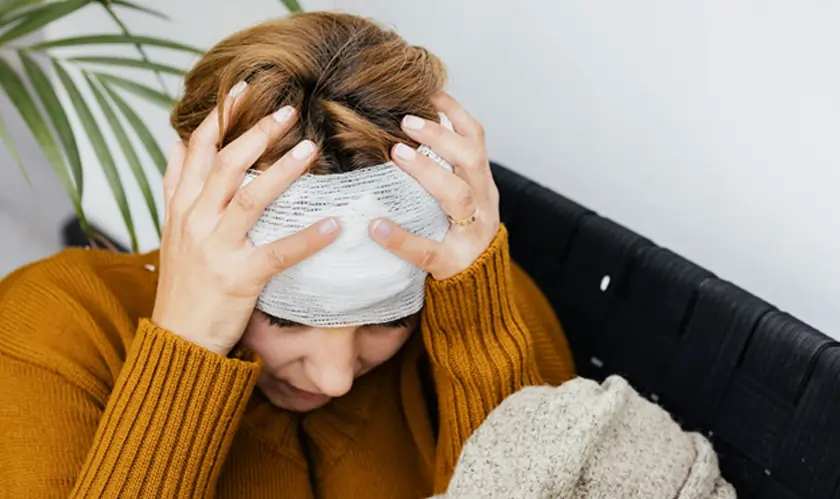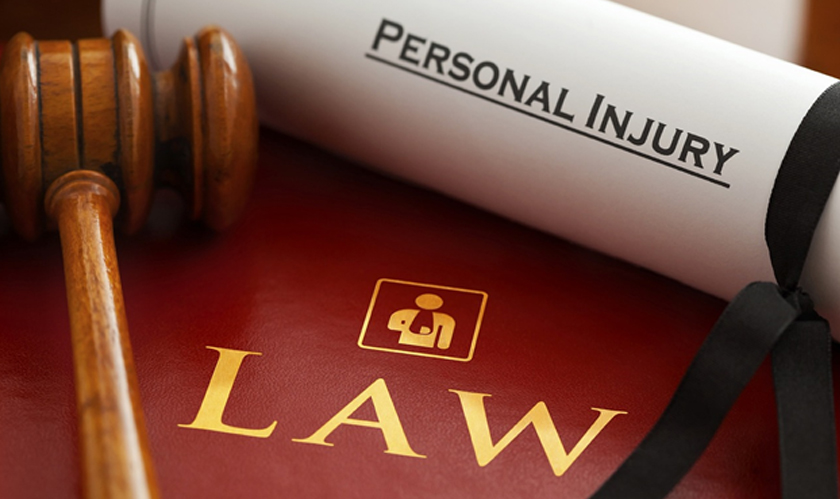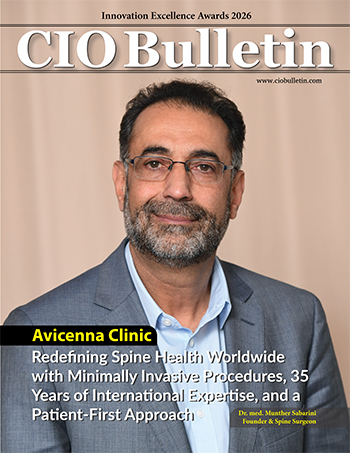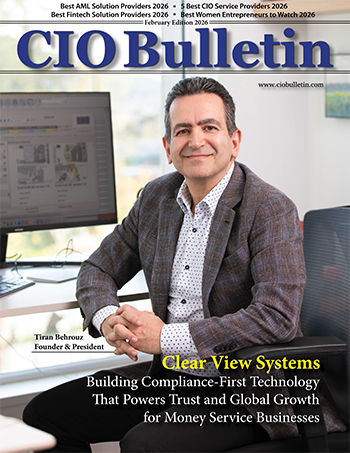Home Industry Travel and hospitality What to Do Immediately After a...
Travel And Hospitality

CIO Bulletin
04 February, 2025
An accident can turn your dream trip into a nightmare in seconds. Whether it’s a minor fender bender or a serious injury, knowing what to do immediately can make all the difference. Panic and confusion are natural reactions, but staying calm and taking the right steps can protect your safety, finances, and travel plans. From checking for injuries to documenting the scene, acting swiftly ensures you handle the situation efficiently.
Travel accidents happen unexpectedly, and being prepared can save you from unnecessary stress and complications. Whether you're on a road trip, an international adventure, or a weekend getaway, the right response can prevent further issues. In this guide, we’ll walk you through six essential actions to take immediately after an accident while traveling, so you can focus on getting back to enjoying your journey. Let's jump in.
Your health and safety should always come first after an accident. Take a moment to assess yourself and others involved for any visible injuries. Even if you feel fine, adrenaline can mask pain, and some injuries may not show immediate symptoms. If there are serious injuries, call emergency services right away and provide clear details about the location and condition of those affected.
In case of minor injuries, seek medical attention as soon as possible to rule out hidden complications. Keeping a record of your medical visit can be important for insurance claims or legal matters later. Never ignore even small injuries, as they could worsen over time.
If the accident occurs in a high-traffic area, staying in the middle of the road can be dangerous. If it’s safe to do so, move yourself, passengers, and your vehicle to a secure location away from oncoming traffic. Turn on your hazard lights to warn other drivers, and if available, place warning triangles or cones around the scene.
This can help prevent additional accidents while you wait for help. However, if the accident is severe or involves injuries, avoid moving vehicles unless they pose a direct danger. Staying safe should always be a priority, and taking precautions can prevent further harm to yourself and others.
Some accidents, especially those involving serious injuries or legal complications, may require professional legal guidance. If you’re struggling with an uncooperative insurance company, dealing with local laws, or facing liability disputes, consulting a lawyer can help protect your rights. If you are hurt in distracted driving accident, you can contact a lawyer to understand your legal options and ensure you receive fair compensation for medical bills and damages. A legal expert can also help if you’re in a foreign country with unfamiliar traffic laws.
Seeking timely legal advice can prevent costly mistakes and ensure you navigate the aftermath of the accident effectively. Be sure to choose a lawyer with experience in handling travel-related accidents or personal injury claims.
Gathering evidence is crucial for insurance claims and legal proceedings. Use your phone to take clear photos of the accident scene, including vehicle damage, license plates, road conditions, traffic signs, and any visible injuries. Capture different angles to provide a complete picture of what happened. Additionally, write down key details such as the time, date, location, weather conditions, and any other relevant observations.
If there are witnesses, ask for their contact information in case their statements are needed later. Proper documentation can protect you from false claims and ensure that the facts of the accident are accurately recorded. The more details you collect, the better prepared you’ll be.
Regardless of how minor the accident seems, exchanging information with the other party is essential. Share your name, contact details, insurance provider, and vehicle registration number, and request the same from the other driver. Avoid discussing fault or making statements that could be used against you later.
If the accident is serious or involves injuries, report it to local authorities immediately. A police report provides an official record of the incident, which can be helpful when dealing with insurance companies. In some countries, failing to report an accident can lead to legal consequences, so always check local regulations to ensure compliance.
Notifying your insurance company as soon as possible helps expedite the claims process. Provide them with the necessary details, including photos and reports from authorities if available. They will guide you on the next steps, including whether you need to visit an approved repair shop or meet specific requirements for compensation. Be honest and factual when explaining the incident, as misleading information could result in claim denial.
If you’re traveling internationally, check if your policy covers accidents abroad or if you need additional travel insurance. Understanding your coverage beforehand can prevent unexpected expenses and ensure you receive the support you need.

An accident during your trip can be overwhelming, but taking the right steps immediately can make a significant difference. Prioritizing safety, gathering evidence, notifying the authorities, and contacting your insurance provider are all crucial actions to protect yourself. If necessary, seeking legal assistance can help you navigate complex situations and ensure fair compensation. Preparation and quick decision-making can prevent unnecessary stress and financial burdens. While no one expects an accident while traveling, knowing what to do can help you stay in control. By following these six steps, you can handle the situation effectively and focus on getting back to your journey.

Insurance and capital markets







